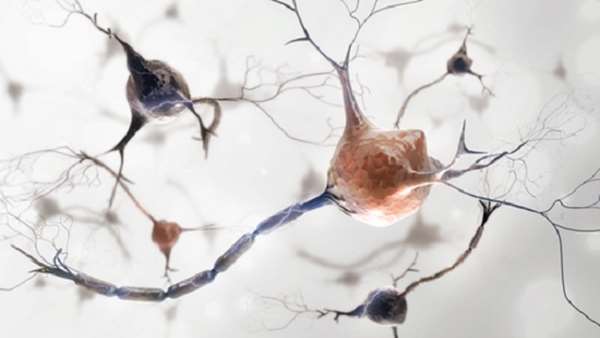New Company, MAGiQ, Aims to Develop Stem Cell Therapies for ALS and Like Diseases
A new Japanese joint venture company called MAGiQ Therapeutics — the result of a collaboration between Q Therapeutics and Reprocell — aims to develop cell and gene therapies for demyelinating and degenerative diseases of the central nervous system.
A new Japanese joint venture company called MAGiQ Therapeutics — the result of a collaboration between Q Therapeutics and Reprocell — aims to develop cell and gene therapies for demyelinating and degenerative diseases of the central nervous system.
Among the first diseases its efforts will target is amyotrophic lateral sclerosis (ALS), a press release states.
MAGiQ aim to develop glial progenitor cells — supportive cells of the CNS — from induced pluripotent stem cells (iPSCs), which are stem cells derived from differentiated cells.
Researchers will create glial-restricted progenitor cells (GRPs) from iPSCs, and which the company plans to test in proof-of-concept human trials under the accelerated approval pathway approved by Japan’s Pharmaceuticals and Medical Devices Agency, the release states.
This regulatory process is designed to advance cell and gene therapies with a potential for human more quickly than might otherwise happen.
“MAGiQ Therapeutics aims to bring this promising cell therapy product to market first in a favorable regulatory environment and to begin treating patients as soon as possible,” Koji Kuchiishi, MAGiQ’s founding chief executive officer, said in the release.
Q Therapeutics, based in Utah, will contribute to the joint venture with its patented technology to derive and manufacture GRP cells from any tissue source, including iPSCs. Reprocell, a Japanese company, will support the manufacturing process development of iGRPs through to completion of proof-of-concept trials.
“Our joint venture will extend the product pipeline, build on our foundational experience in developing glial cell therapies, and demonstrate the clinical benefits of glial cell technology in multiple clinical trials,” said Steven Borst, Q Therapeutics’ chief executive officer.
Embryoid stems cells, which can be derived from a fetus, can be differentiated into almost any cell. But ethical concerns associated with using human fetuses have led researchers to come up with ways of creating embryoid-like cells by reprogramming blood or skin cells in the lab. These reprogrammed cells are in a pluripotent state, meaning they can be transformed into any other cell types as well. They called induced pluripotent stem cells (iPSCs).
iPSCs were discovered about 10 years ago and evaluated in numerous studies for their treatment potential, but no clear indication yet exists.





ارسال به دوستان